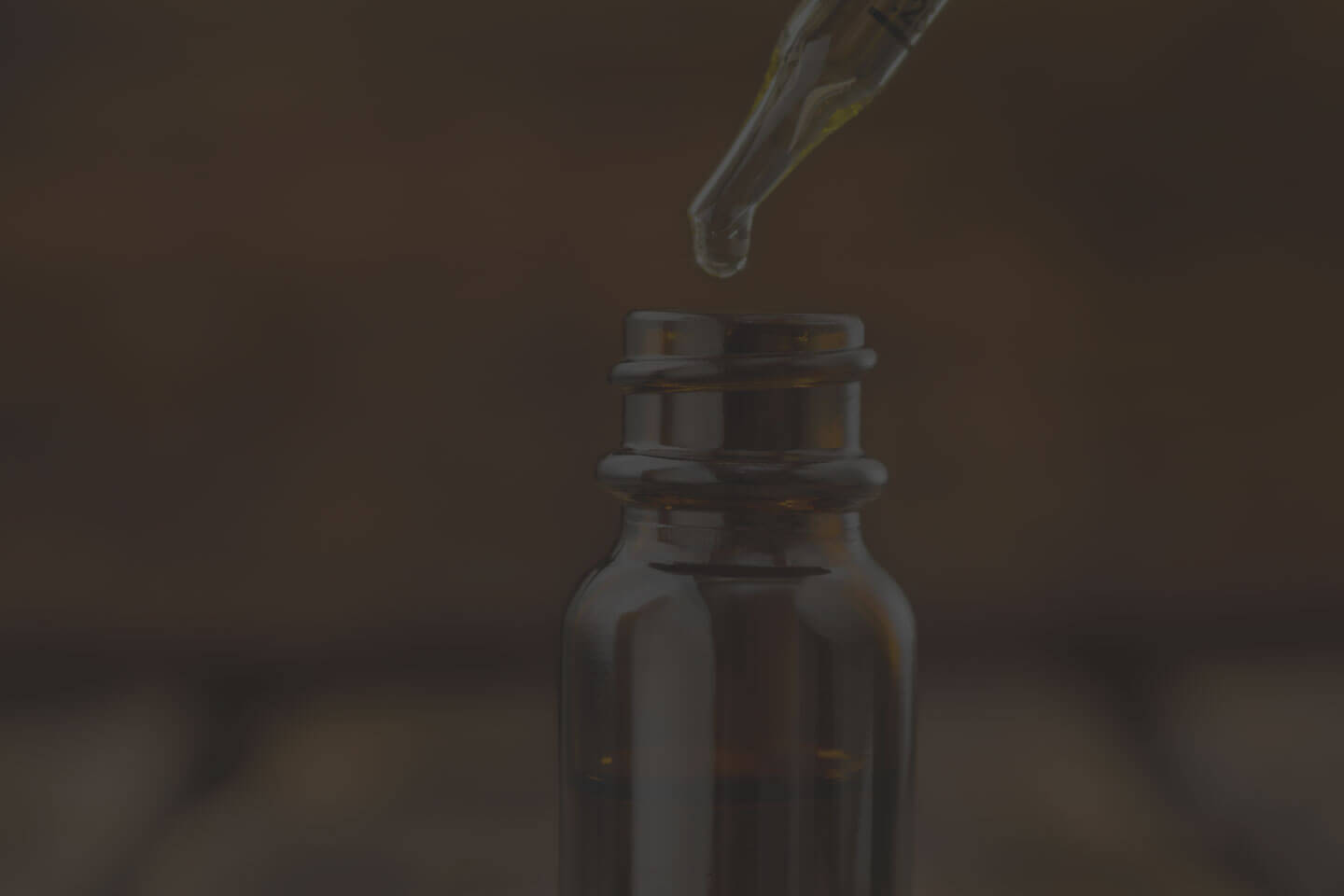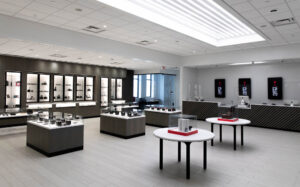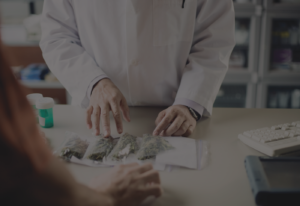As cannabis and cannabis-related products become increasingly socially acceptable, it should come as no surprise that the CBD industry (largely comprised of hemp-derived products) has increased in popularity at a rapid pace.
Following the passage of the most recent Farm Bill, de facto legalizing hemp and hemp products, the CBD industry has seen an exponential growth of new players and it can be hard to tell which CBD products are legitimate, legal, and safe. Due to a variety of interpretations of local, state and federal laws, there has been a considerable amount of confusion surrounding the industry and which products can be trusted. This article offers a general understanding of the current state of CBD, its common uses, and helpful tips for separating legitimate products from the illegitimate.
Rising Popularity in CBD & Cannabis Industries
Recent reports from industry research firms suggest that the CBD market will hit $22 billion by 2022 and even outpace the legal cannabis industry. The report states, “CBD is growing faster than cannabis in the U.S. and will soon be a $22 billion industry. It’s been flying under the radar but is set to explode having profound impacts,” acknowledging that just three years ago, CBD was a mere blip on most people’s radar.
The Agriculture Improvement Act of 2018 (also known as the 2018 Farm Bill) contains legislation that legalizes industrial hemp and its derived products on a federal level, giving states the power to decide how to best move forward with implementation.
CBD in Massachusetts
In Massachusetts, CBD and hemp products containing more than 0.3 percent THC are considered cannabis and are regulated by the state’s Cannabis Control Commission. Products containing less than this amount are all but unregulated and can contain as little or as much CBD as the manufacturer desires. This lack of regulation has created a considerable challenge for consumers looking for a safe, reliable CBD option.
With a rise in anecdotal evidence suggesting CBD’s efficacy with a wide variety of uses, many consumers may be inadvertently purchasing products that have little to no benefits at a high cost.
Common Uses for CBD
Recently, CBD has seen a huge uptick in products that are readily available in gas stations, supermarkets, smoke shops, and dispensaries.
The only FDA-approved use for CBD is for rare forms of childhood epilepsy, such as Dravet syndrome and Lennox-Gastaut syndrome (LGS), which are typically unresponsive to anti-seizure prescriptions. Epidiolex, the FDA’s first approved CBD product, has been shown in studies to help reduce or stop these seizures.
Additionally, there is a growing body of research and anecdotal evidence suggesting the wide variety of applications for CBD in our daily lives, from helping treat anxiety and neuropathy to easing chronic pain and helping with insomnia. Due to a history of restrictive laws, these studies have largely taken place in recent years, and more human studies are needed to continue to show CBD’s efficacy as an alternative or concurrent treatment option.
How To Tell if Your CBD is Legitimate
With the prevalence of CBD products in retail shops across the country, it’s important to be able to differentiate between legitimate products and scams. Below are a few items to look for in trustworthy CBD products:
1. Where does the CBD come from?
Do you know where the product and its source material come from?
Trustworthy CBD products often describe where they are based, where their products are sourced, and how their cannabinoids are derived or added into the products you’re buying.
If you can’t tell where the CBD or hemp came from, there’s a good chance it comes from another country, as it’s common practice to source raw materials from Europe and Asia. These products may not be grown to the same standards and may contain contaminants or questionable cannabinoid content.
2. What does the label say?
Is there enough information on the product that you feel comfortable using it? Is there an FDA warning? An Ingredients list? An expiration date? A scannable barcode? All of these are indicators of a brand that is going to a greater effort to be transparent and gain your trust.
3. Verifiable, third-party testing.
No matter where your CBD comes from, it should have some sort of third-party testing that is independently verifiable.
The test results, often referred to as a COA or certificate of analysis, should clearly show the THC, CBD, and related cannabinoid concentrations. Ideally, these tests should also show results for standard heavy metal and pesticide residuals as well. At the very least, your product should tell you how much CBD and how much THC are in it and where to find more information about its contents.
4. Full spectrum CBD versus CBD isolate products
The cannabis plant is host to hundreds of cannabinoids and compounds, including CBD, terpenes, and THC. No two plants are identical, especially as cannabis research has enabled a universe of diverse cannabis cultivars. Full spectrum CBD uses the full scope of cannabinoids, whereas CBD isolate products use the isolated CBD molecule.
Full spectrum CBD products feature the effects of terpenes and the entourage effect, and stirs complicated interactions between cannabinoids and the endocannabinoid system (for more information on the endocannabinoid system, be sure to read The Ultimate Guide to Cannabis Science.
By contrast, CBD isolate products contain CBD exclusively, and varies in purity. CBD isolate does not bind with CB1 receptors and provides an extremely mild cannabis experience. CBD isolate is used for targeted medical purposes, such as seizure treatment.
5. How was the CBD extracted?
Was it infused from a whole plant in an olive oil extraction, resulting in lower yields that are often more perishable? Or was CBD isolate or distillate infused into the product after the CBD was extracted from the whole plant?
These products are more likely to have a consistent, reliable concentration of CBD and other cannabinoids. Additionally, it is important to note what part of the plant the CBD came from (roots, seeds, flowers, etc.), as this can impact the relative potency of your product and identify products that have “hemp” but do not contain high concentrations of cannabinoids.
Where are you buying the product?
There is a difference between products that are readily available over-the-counter and those that are grown, processed, and manufactured in a controlled, licensed facility for sale only by those with the legal ability to do so. Dispensaries like Happy Valley work to ensure the genetic selection that we offer suits a variety of needs, including those of patients looking for a trustworthy source high in CBD.
If you’re considering a high-CBD regimen or simply need help exploring what CBD options may be right for your needs, consider scheduling a consultation at one of our convenient Massachusetts Cannabis Dispensaries located in East Boston and Gloucester. Our knowledgeable staff members can walk you through various applications for CBD and recommend specific products that are made in-house to offer the best solution for your needs.




